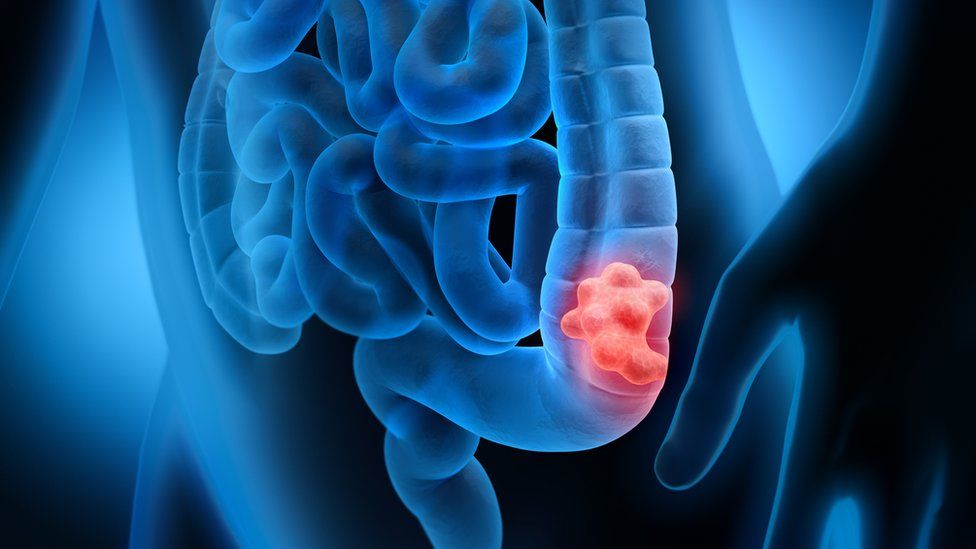
E. coli, or Escherichia coli, is a type of bacteria that can cause an infection in the digestive tract. While some strains of E. coli are harmless, others can cause serious illness. It is important to be aware of the symptoms of E. coli infection so that you can seek medical treatment if needed.
In this article, we will discuss the common symptoms of E. coli infection and provide information on when to seek medical attention. We will also provide some tips on how to prevent E. coli infection.
Abdominal Pain
One of the most common symptoms of E. coli infection is abdominal pain. This pain is often crampy and can be severe. It may also be accompanied by bloating and discomfort. In some cases, the pain may be localized to a specific area of the abdomen, such as the lower left side.
If you experience severe or persistent abdominal pain, it is important to seek medical attention. In some cases, E. coli infection can lead to more serious conditions, such as kidney failure, so it is important to get prompt medical care.
Diarrhea
Another common symptom of E. coli infection is diarrhea. This diarrhea may be watery or bloody and can be accompanied by abdominal cramping. In some cases, the diarrhea may be severe and persistent, leading to dehydration.
If you experience diarrhea that is severe, lasts for more than a few days, or is accompanied by other symptoms such as fever or vomiting, it is important to see a doctor. Dehydration can be a serious complication of E. coli infection, so it is important to stay hydrated and seek medical attention if needed.
Fever
Fever is another common symptom of E. coli infection. This fever may be low-grade or high, depending on the severity of the infection. In some cases, the fever may be accompanied by other symptoms such as chills or sweating.
If you have a fever that is persistent or accompanied by other symptoms, it is important to see a doctor. Fever can be a sign of infection, and it is important to get proper medical treatment to prevent complications.
Nausea and Vomiting
Nausea and vomiting are also common symptoms of E. coli infection. These symptoms may be mild or severe and can contribute to dehydration. In some cases, the vomiting may be persistent and accompanied by other symptoms such as fever or abdominal pain.
If you experience persistent or severe nausea and vomiting, it is important to seek medical attention. Dehydration can be a serious complication of E. coli infection, and it is important to get proper treatment.
Loss of Appetite
Loss of appetite is another symptom of E. coli infection. This loss of appetite may be mild or severe and can contribute to weight loss. In some cases, the loss of appetite may be accompanied by other symptoms such as nausea or abdominal pain.
If you experience a persistent loss of appetite, it is important to see a doctor. Loss of appetite can be a sign of infection or other underlying health conditions, and it is important to get proper medical care.
Weakness and Fatigue
Weakness and fatigue are common symptoms of E. coli infection. These symptoms may be mild or severe and can interfere with daily activities. In some cases, the weakness and fatigue may be accompanied by other symptoms such as fever or diarrhea.
If you experience persistent weakness and fatigue, it is important to seek medical attention. These symptoms can be a sign of infection or other underlying health conditions, and it is important to get proper medical care.
Bloody Stool
Bloody stool is another common symptom of E. coli infection. This blood may be bright red or dark and can be a sign of severe infection. In some cases, the bloody stool may be accompanied by other symptoms such as abdominal pain or diarrhea.
If you experience bloody stool, it is important to see a doctor. This can be a sign of a more serious condition, such as colitis or kidney failure, and it is important to get proper medical treatment.
Urinary Tract Infections
Urinary tract infections (UTIs) can also be a symptom of E. coli infection. These infections may cause symptoms such as pain or burning during urination, frequent urination, and the need to urinate urgently.
If you suspect that you have a UTI, it is important to see a doctor. UTIs can be a sign of infection and should be treated with antibiotics to prevent complications.
Prevention
There are several steps you can take to prevent E. coli infection. These include washing your hands thoroughly with soap and water, cooking meat to the proper temperature, avoiding unpasteurized dairy products, and avoiding swallowing water from lakes or pools.
It is also important to practice good food safety, such as washing fruits and vegetables and avoiding cross-contamination of raw and cooked foods. By taking these steps, you can reduce your risk of E. coli infection and stay healthy.
When to See a Doctor
If you experience any of the symptoms mentioned in this article, it is important to see a doctor. E. coli infection can be serious, especially for young children, the elderly, and those with weakened immune systems.
If you have severe or persistent symptoms, it is important to seek medical attention. Your doctor can provide a proper diagnosis and treatment plan to help you recover from E. coli infection.

















